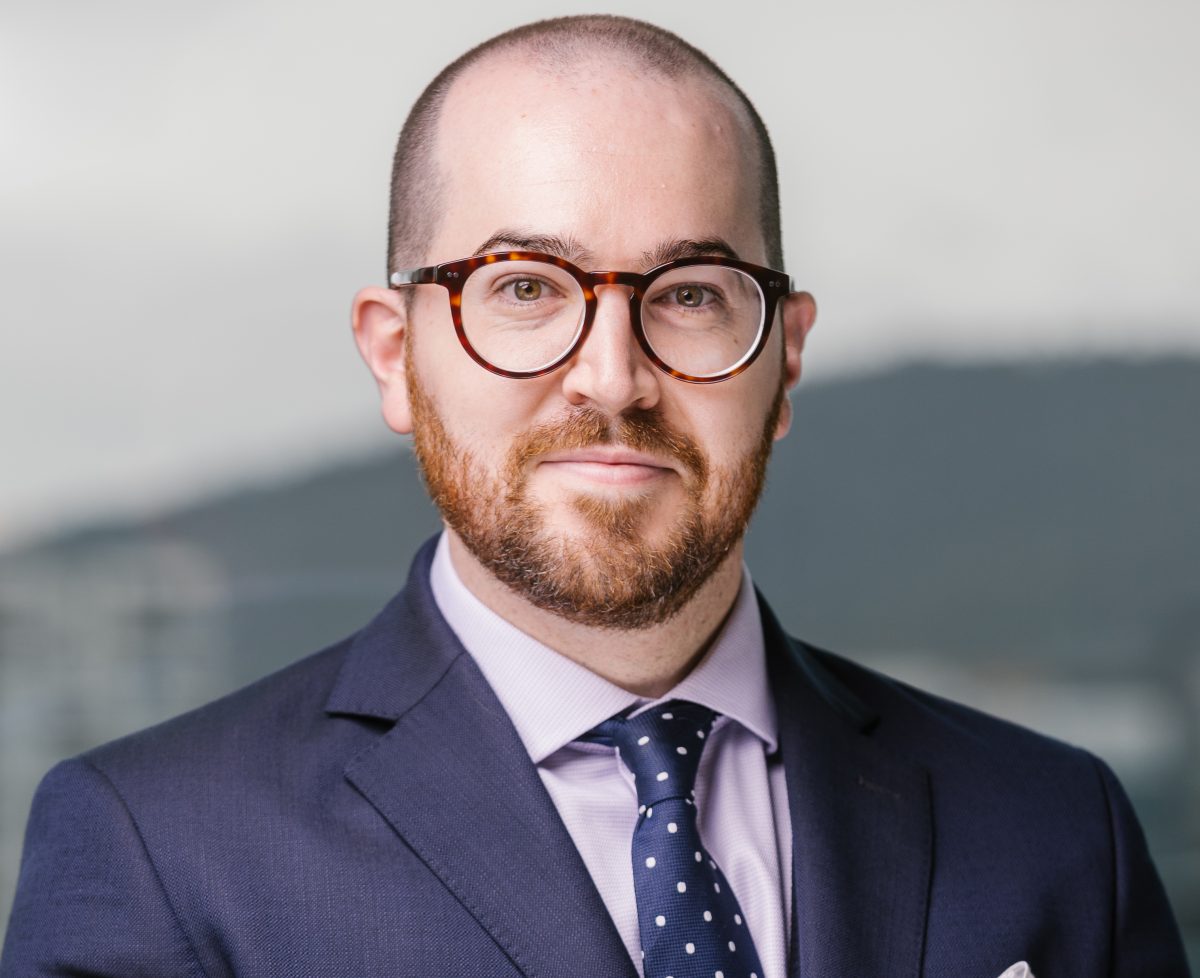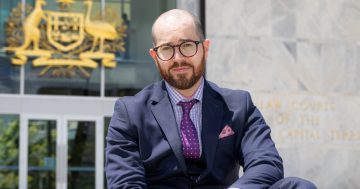
When should you waive the right to remain silent and when should you access it? Photo: File.
“You have the right to remain silent” – we’ve all heard the line from TV.
But Canberra criminal defence lawyer Andrew Byrnes says an alarming number of us don’t know when or how to apply it in real-life scenarios – to our detriment.
“I hear cases on a daily basis where clients have done themselves a disservice by speaking to police without understanding their rights and why they should exercise them,” he says.
“When I read a client’s court documents when I am taking instructions to act for them, I’m crossing my fingers they haven’t participated in an interview with police and potentially shot themselves in the foot without realising it.”
Andrew says the perception only the guilty exercise their right to remain silent can lead people to say things that might come back to bite them.
“Don’t think exercising your right to silence implies guilt … think strongly about exercising your right to silence if you’re told by police you’re suspected of a criminal offence,” he says.
“It’s very important to do everything you can in the moment to get legal advice urgently about what you should do when placed under arrest.
“You’ll have your chance to explain your side of the story to a jury or judge, but if you disclose to police on the day, it may be that your lawyer can only do so much.
“And often it’s the little things that make the difference as to whether you’re found guilty or not guilty.”
Another problematic line is a person’s belief that their own innocence will protect them.
But the most seemingly innocuous statement can incriminate a person and jeopardise their defence case, Andrew says.
“Even if what they say to police isn’t an outright admission to an offence – it could just be them confirming they know a particular person or they were present at a particular time or place – it may be enough to complicate their defence.
“Let’s say you and your partner have a heated argument and someone calls the police first and alleges you did something. Something as innocent as admitting ‘I was in the room and we were drinking but nothing happened’ might be enough to help police form a case against you, even if you actually did nothing wrong.
“You admitted you were there and under the influence of alcohol, so even if you say you didn’t do it, these little things that don’t seem like admissions at the time can make all the difference when it comes to defending you from prosecution.
“Police and prosecutors must prove the case against you beyond reasonable doubt, so it’s their job to form a case based on every piece of evidence into consideration, including everything you say.”
Enshrined in Australian law are the general principles that people have the right to not say or do anything that might incriminate them if they’re suspected of a criminal offence, and to obtain legal advice from a solicitor prior to answering questions.

Criminal defence lawyer Andrew Byrnes. Photo: Andrew Byrnes Law Group.
Putting aside certain exceptions such as a serious motor vehicle accident, Andrew says invoking that right cannot in the vast majority of cases legally carry a negative inference or work against you in court proceedings.
“There is a reason the right to silence exists. It’s importance is apparent when you consider the might of the state – police, prosecutors et cetera – weighs against the little person. This right has been developed to protect citizens against the arbitrary use of that power.”
While Andrew says the right to silence is important, people can be good citizens, cooperate with law enforcement and report offences without putting themselves at risk in normal day-to-day instances.
“Just remember that once you start the conversation, everything is on the record.
“Whether or not you should speak without a solicitor is your call, but if you are suspected of a criminal offence, that’s when I strongly recommend getting legal advice – and urgently.”
Andrew also advises against allowing circumstances – such as challenges reaching a solicitor outside business hours or the pressure of a situation involving law enforcement – to influence this decision.
“Remember, police time pressures are not necessarily your time pressures.”
Visit the Andrew Byrnes Law Group website for more information.





















